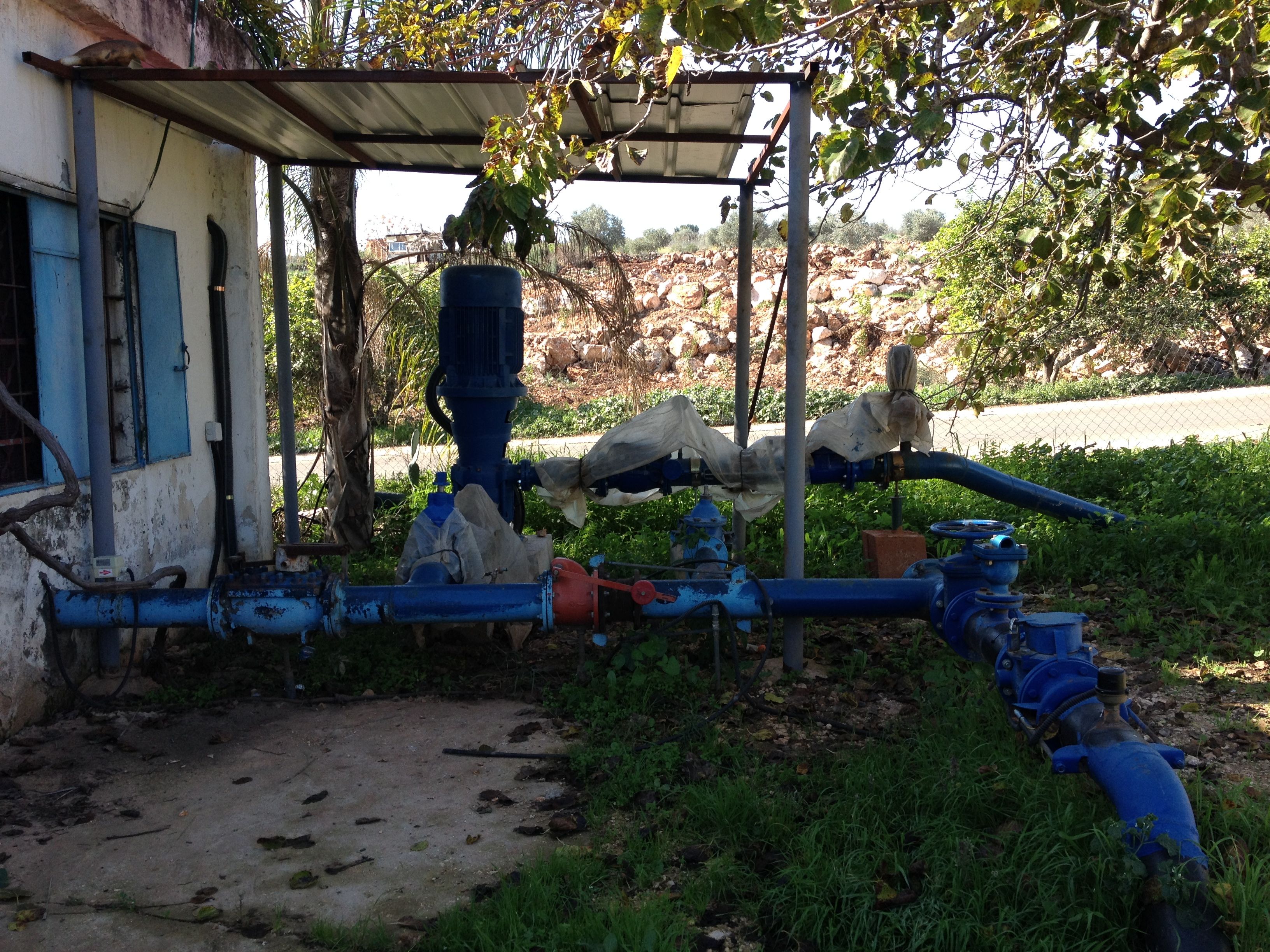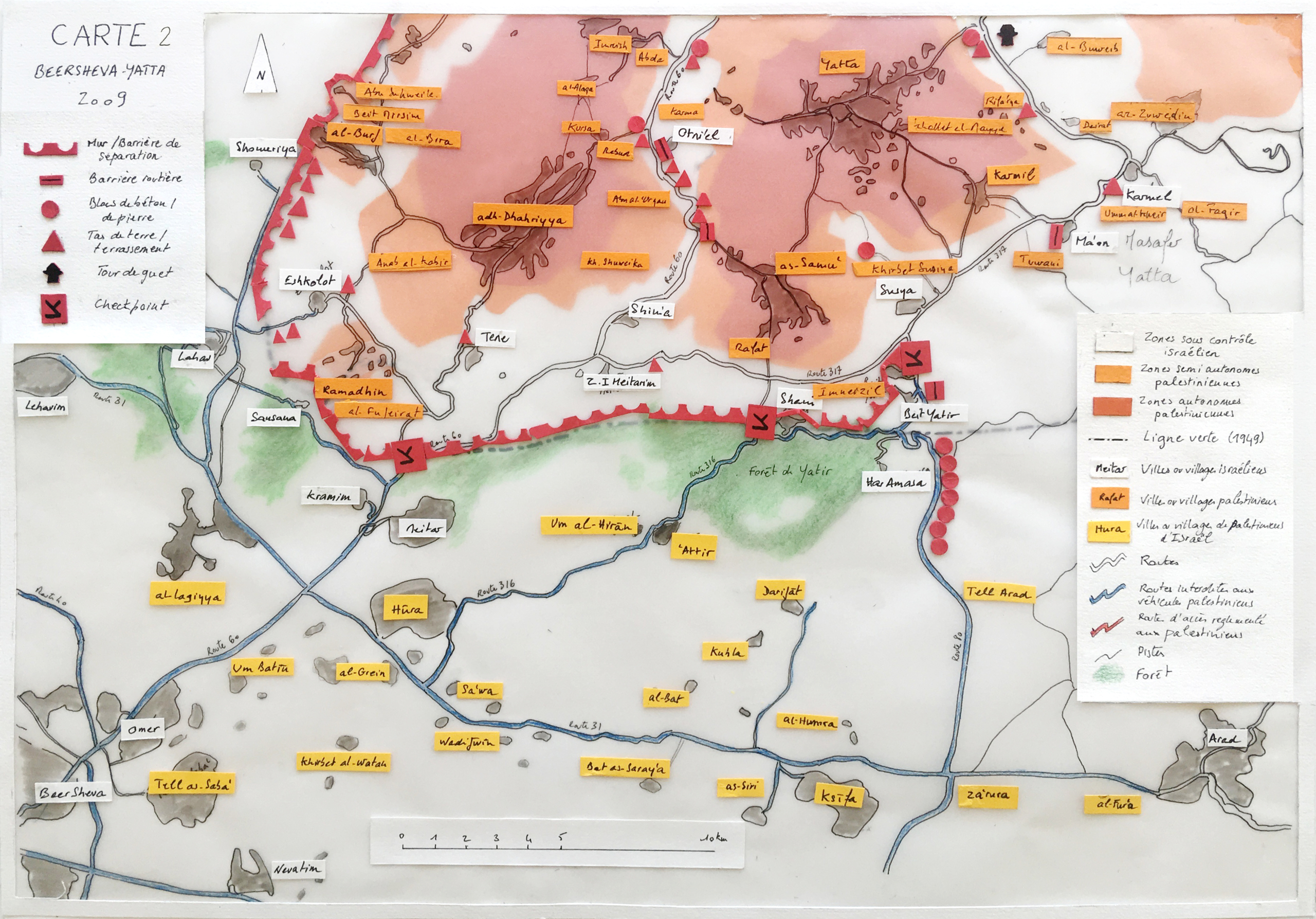This talk provides first a brief overview of the advent of political ecology as a new domain of research. Political ecology does not belong to the classical academic disciplines as they coalesced in the late nineteenth century. Initially spurred by the uneasy marriage between cultural ecology and agrarian economics, political ecology first developed as an attempt to integrate various disciplinary approaches with the aim of understanding the politics surrounding environmental questions. Science and technology studies (STS) emerged and developed separately from political ecology. STS demonstrated the manner scientific knowledge was produced as much (if not more) by the scientific method as it was by the broader set of social relations surrounding scientists and their work. Since Forsyth’s call to integrate STS and political ecology in 2003, critical political ecology emerged. The first part of the talk will sketch the manner critical political ecology provides us with tools to better understand the messy politics involved concerning the production and the application of environmental knowledge.
The second part of the talk will turn to the object of study that has remained most elusive for critical political ecology: water. Harnessing the tools provided by this approach, the talk will explore why water issues have been formulated as they have over time, notably the bias in research which has led to an overwhelming emphasis on urban water in spite of its relative insignificance in overall human interactions with water. The talk will draw on STS to challenge existing scientific formulations of water and on political ecology to explore the political construction, implementation and circulation of such scientific formulations.
The third part of the talk will focus on ongoing research in Palestinian Territories, detailing the manner an approach rooted in critical political ecology allows us to shed new light in the politics of water and water and agricultural development within the Palestinian Authority and within the broader region.






